Based on materials from androidpit.com
Email is an important and useful part of our lives, but at times it is also terribly inconvenient. And even if your device is perfectly suited for working with mail, managing correspondence is hardly pleasant and easy. Google's Gmail has certainly made a lot of things easier, but do you know enough ways to make your life even easier? Let's check.
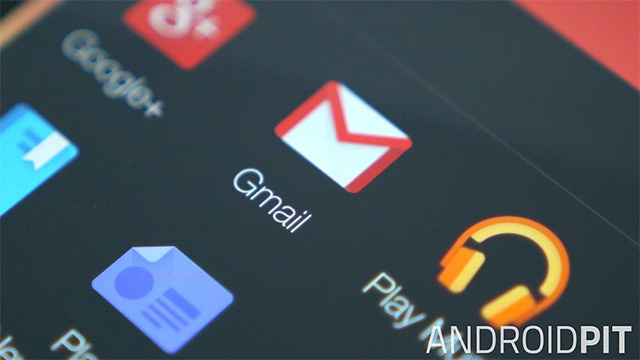
First, find out if you have the latest version of Gmail. Go to the Play Store and see about the updates – we, of course, assume that you have mail running and you are in your account. Well, now let's see what methods there are to solve problems with your email correspondence.
1. Combine your inbox
The latest version of Gmail for Android has a useful general inbox that allows you to see emails for all Google accounts. For example, if your work email is also on a Google server, you can manage personal and work emails from your Nexus 7 at the same time.
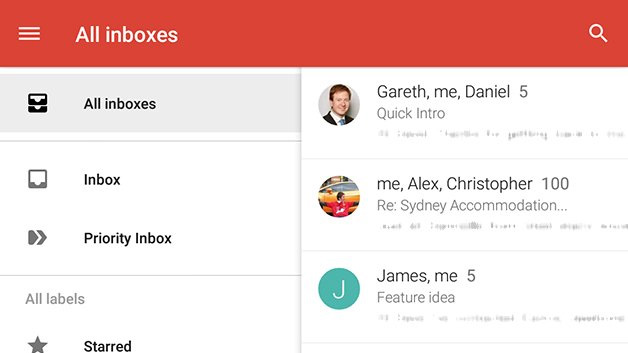
To get more out of this feature, add new accounts in the dropdown menu on the left, right below your avatar. When you are logged in correctly, you have a new section called 'All Inboxes' in the panel on the left, this allows you to see all emails together. You can switch between accounts using the drop-down menu above 'All incoming' (or swipe left and right in the picture).
2. Use quick actions
Wherever you poke in the Gmail app under Android, there will always be an opportunity to perform this or that action in a quick way to make it more convenient to work with mail. So, swipe left or right on the letter to send it to the archive, or tap on the profile picture or letter to select several letters at once.
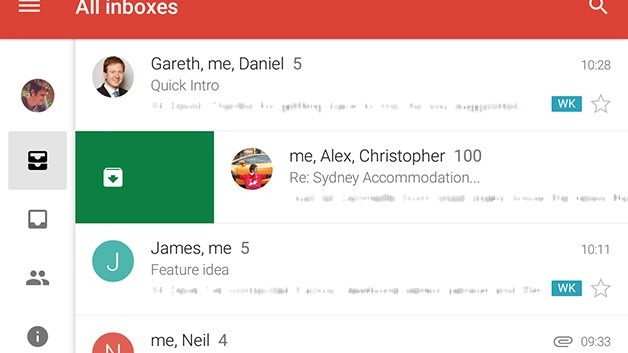
When messages are selected in this way (by the profile picture), possible actions appear at the top of the screen – send to archive, delete and mark as read / unread. Other options (such as changing the shortcut) are available in the additional menu (three vertical dots). If you go to a specific conversation, you will see the Reply and Reply all options to the right.
3. Understand synchronization
If your correspondence is not synchronized correctly, you will not be able to work with it normally. If you go to Settings and find Accounts there, you will see which of the accounts is linked to the device – tap on the account to make sure Gmail sync is working.
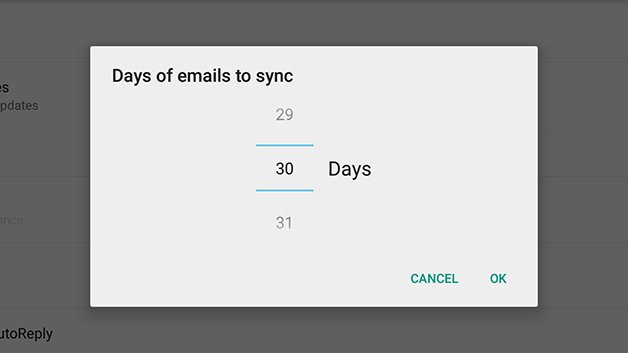
Right from the Gmail app itself, you can select Settings from the menu and tap on your email address to check if your emails are ready to sync. From the same screen, you can set the retention period for letters and which labels are included. If the problem continues, try signing out of your Gmail account and connecting again or reinstalling the app.
4. Smart search
The search function in the app seems very simple, but this is only an appearance. It is as powerful as the desktop version. For example, you can enter phrases such as 'older_than: 1y' or 'older_than: 1d' in your search to search for messages older than a year or older than a day in your correspondence.
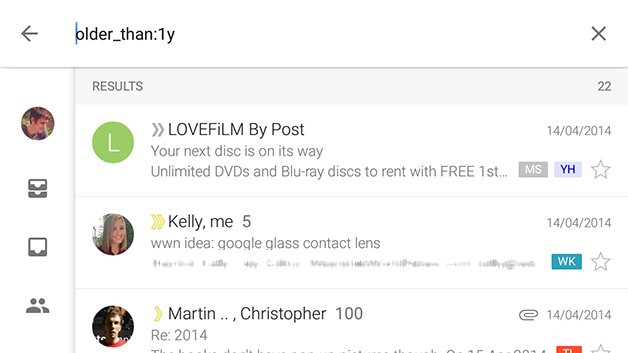
Google provides a handy list of search commands, and almost all of them work just as well in the app as they do in the web version of Gmail. For example, 'is: important' displays all priority messages, while 'is: starred' navigates to messages that are marked for later reading.
5. Block correspondence
When you're on the go, you might find it convenient to show only important messages from your inbox. The app for Android, like the desktop version of Gmail, has a blocking function. All new messages from the blocked address are automatically archived, and you do not see them (they are saved as unread).
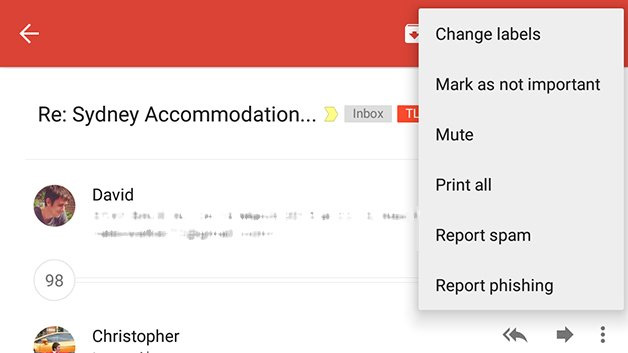
In order to do this in the application, inside the correspondence go to the additional menu (three vertical dots), select 'Block sender' from the list, and you're done. If you need to extract this correspondence from the archive, you can use the shortcut filter to search.
6. Auto transition
A really useful feature if you work with a lot of emails. You no longer need to go back to the inbox page when you deleted or archived an email – you will automatically go to the next email.
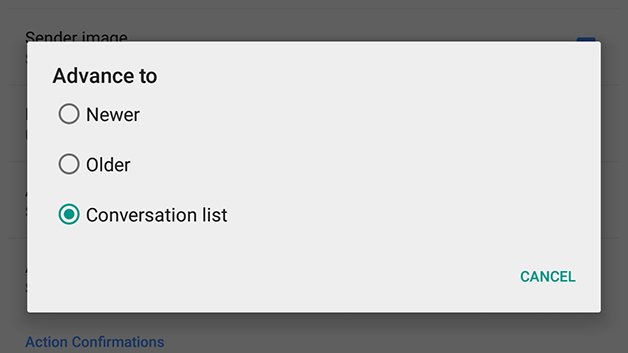
To activate the feature in the app, go to Settings from the app menu and select General Settings. Select Auto-jump and a dialog box will appear that will allow you to choose where you want to jump automatically – to an earlier, later letter, or back to the list of letters.
7. Train Gmail to sort correspondence
Gmail has several inboxes to make your life easier. These are Priority, Inbox, Spam and so on. But it may happen that emails that are not important to you end up in priority, and important ones – in spam. Therefore, it is worth teaching the application to do everything right.

For example, if you find an unimportant email in the wrong folder, tap Settings in the upper right corner and select 'Mark as Unimportant'. If you find an important email in spam, select 'Mark as important' or 'Not spam' from the drop-down menu. This is how certain letters are moved to the desired folders, and the program remembers what and where should be.
What useful features do you use in Gmail? Share in the comments.
